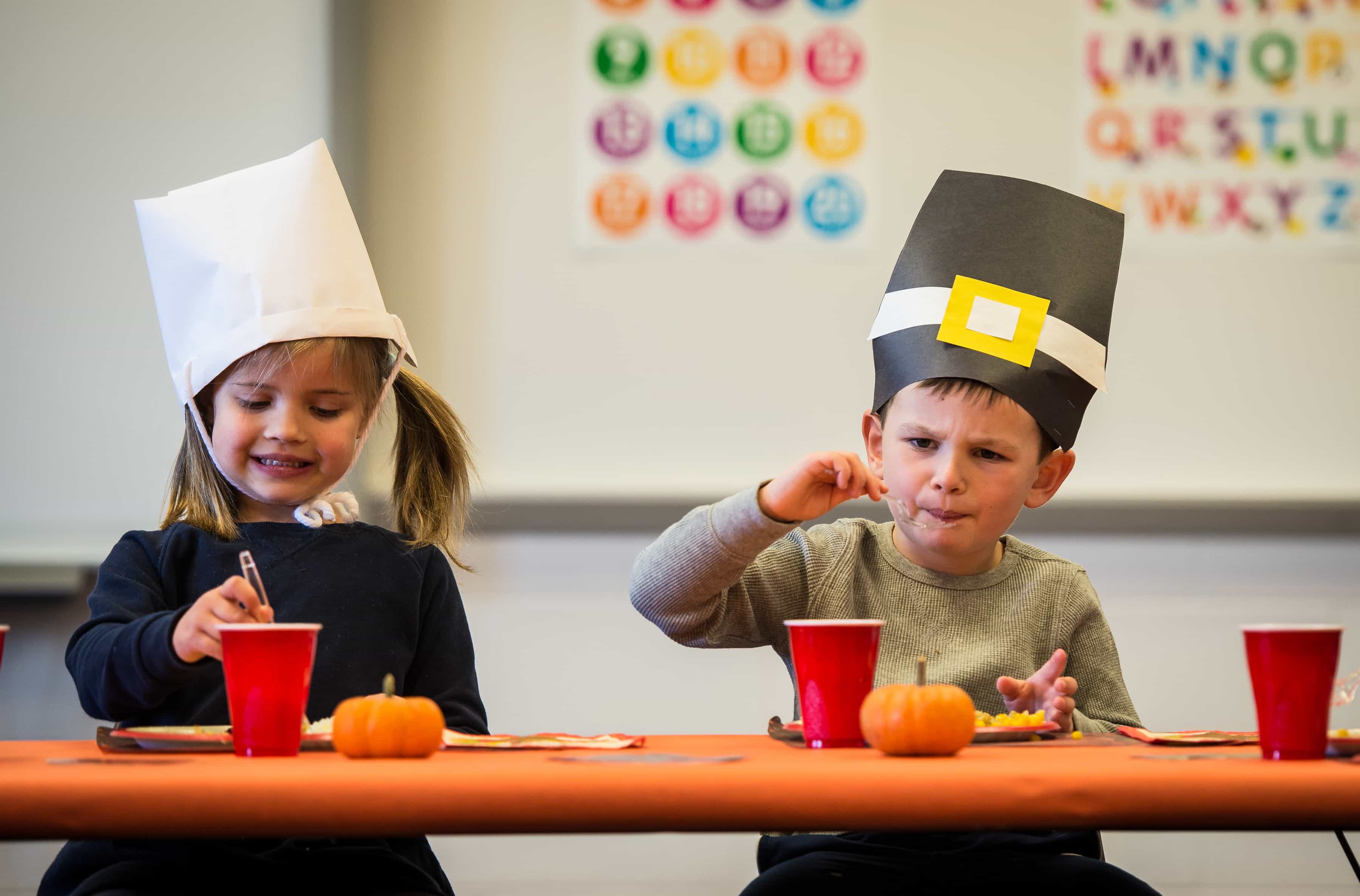To dispel all illusions at the get-go, the harvest celebration at Plymouth Bay in 1621 was not the first Thanksgiving, and the sooner mentions and references of it are ejected from our broader culture, the better.
Celebrations of thanksgiving – Hallmark cards about the so-called First Thanksgiving notwithstanding – are well-documented throughout human history and in different cultures. Most are rooted in traditional religious celebrations of the harvest, such as the Jewish Feast of Tabernacles (known as Sukkot) and medieval harvest festivals. These harvest celebrations fused with days of praise and thanksgiving to God for many blessings and, most strikingly, for a pardoning of transgressions. What is unquestionable is that these celebrations were never simply individual acts of thanksgiving, but communal.
In the early decades of the American Republic, these first celebrations of Thanksgiving were established by presidential proclamation, the first by George Washington on October 3, 1789. Washington’s proclamation is remarkable in several respects: first, it calls for a day of thanksgiving for the blessings of God upon the entire populace of the United States with scant mention of individual blessings, and second, the entire latter half of the proclamation is a call to seek forgiveness for the many transgressions of the young American nation. The proclamation is befitting a nation struggling in the aftermath of war and revolution to establish peace, liberty, and justice, a project still awaiting fulfillment.
But very little of Washington’s proclamation lives on in our contemporary celebrations of Thanksgiving. There is no mention of gratitude for friends and family, nor is there any mention of turkey, cranberry sauce, or potatoes, let alone the ridiculous modern ritual of the presidential pardoning of a turkey, as if a particular kind of poultry were in need of our clemency. The focus is on God, and the gratefulness and remorse a community owes to God’s providence and justice. The privatization of Thanksgiving, in contrast, seems to be a 20th century phenomenon, with a communal day of prayer and gratitude being replaced with a turkey-stuffed day for individuals, celebrating their own graces (or not) from the year passed in a comfortable personal cocoon of family, friends, and perhaps a game of football.
This is a mistake, a kind of historical amnesia with baleful consequences. We have made Thanksgiving a day to turn inwards upon ourselves when the heart of the day is the grateful recognition of graces that have been bestowed upon the whole community. While embracing the day as a celebration of family and friends, we have deadened ourselves to Thanksgiving’s implications for us as members of communities. We are carefully shedding God and our neighbor, with an extra helping of pumpkin pie as our only reward.
Any healthy recovery of Thanksgiving will necessitate a re-ordering, with God restored as the proper focus paired with a deeper sense of communal gratitude from us. Therein lies the rub, however: for what can we legitimately show gratitude in our communities in the present moment?
I don’t mean to suggest that God is not deserving of our gratitude. Rather, I want us to ponder if we would not be engaging in an unhealthy bit of hypocrisy by expressing thanks to God when we’ve made our worlds the way they are. Dare we thank God when our communities are struggling with poverty, violence, division, and despair? Read the news; read the stories of war, famine, exploitation, greed, and suffering. What can we honestly be thankful for when we’ve turned our backs on each other?
There is not much, which leaves us with one: God has given us a chance to do better. That can be the source of our gratitude, for it gives a chance to dream, strive, and pray to build a better world in the corner of it shared with us. Be grateful for the chance to bring good news to the poor, to proclaim release to the captive, to bring recovery of sight to the blind and welcome to the stranger, to meet the needs of our brothers and sisters, to let the oppressed free, and to proclaim a year acceptable to the Lord. Why not use Thanksgiving as a chance to engage in a bit of penance and a new beginning?
Let me end with the words of Abraham Lincoln and William H. Seward, two of the greatest Americans of all time, who by this proclamation established this day as the day for Thanksgiving, providing for us an ethic of communal gratitude and penitence to serve for all time:
No human counsel hath devised nor hath any mortal hand worked out these great things. They are the gracious gifts of the Most High God, who, while dealing with us in anger for our sins, hath nevertheless remembered mercy. It has seemed to me fit and proper that they should be solemnly, reverently and gratefully acknowledged as with one heart and one voice by the whole American People. I do therefore invite my fellow citizens…to set apart and observe the last Thursday of November next, as a day of Thanksgiving and Praise to our beneficent Father who dwelleth in the Heavens. And I recommend…they do also, with humble penitence for our national perverseness and disobedience, commend to His tender care all those who have become widows, orphans, mourners or sufferers in the lamentable civil strife …and fervently implore the interposition of the Almighty Hand to heal the wounds of the nation and to restore it as soon as may be consistent with the Divine purposes to the full enjoyment of peace, harmony, tranquility and Union.


